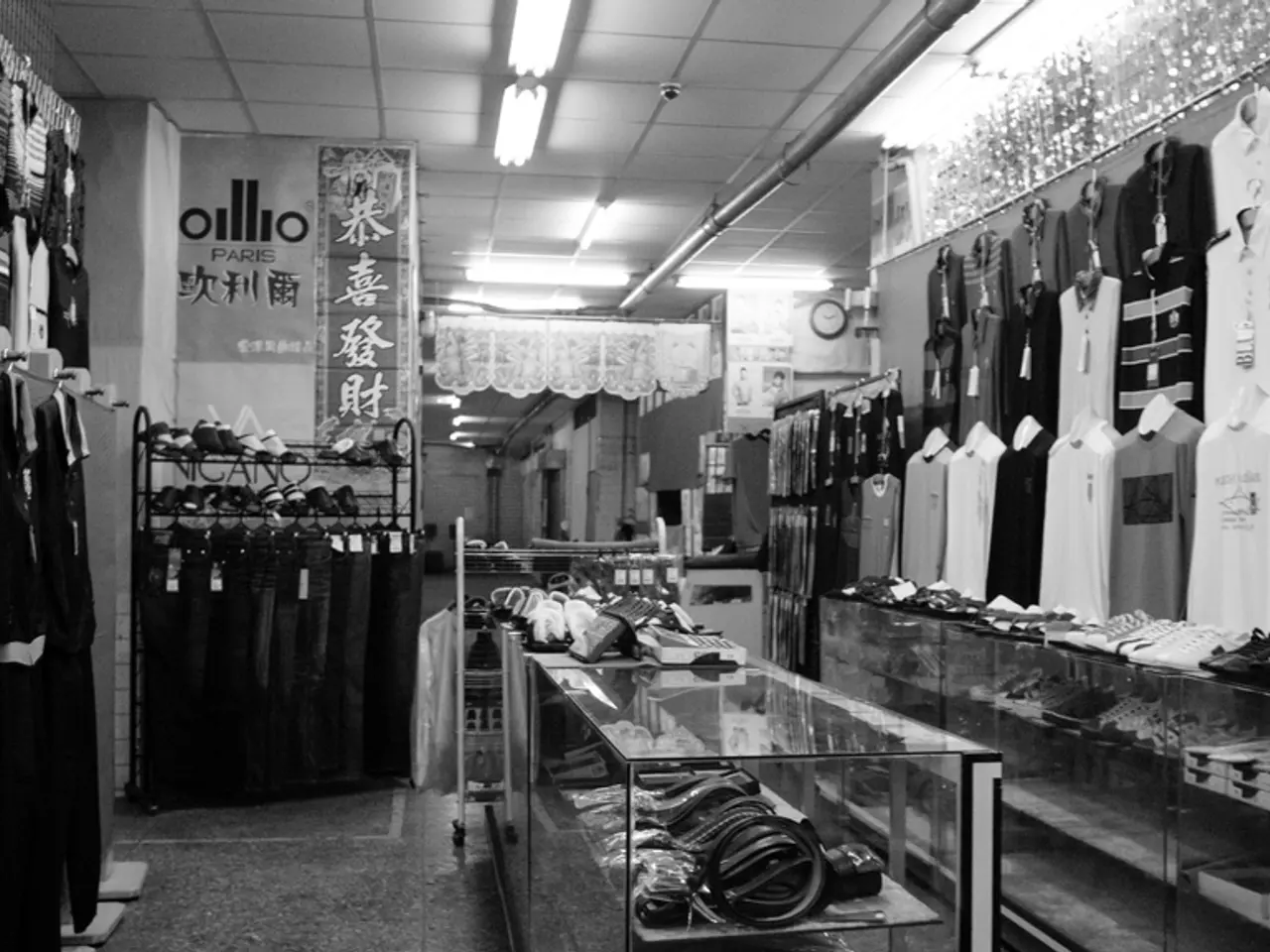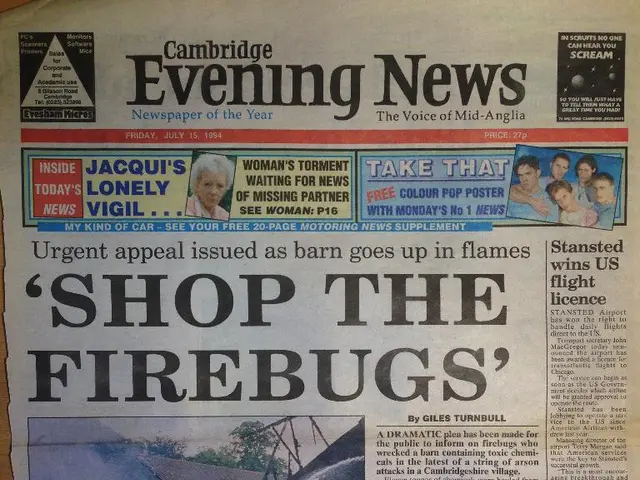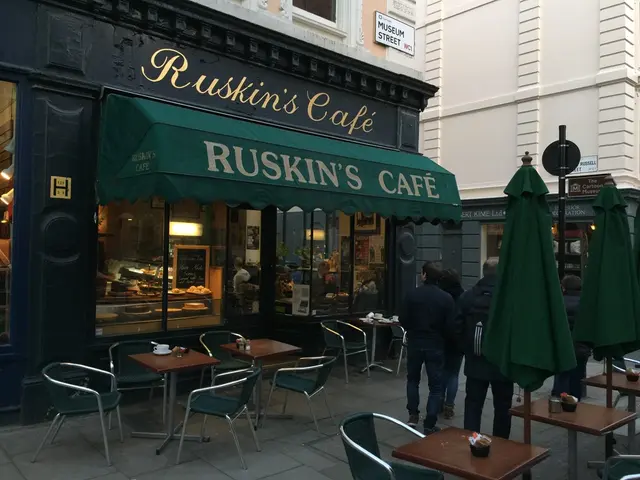Workshop Led by Elizabeth L. Cline
Elizabeth Cline, a New York-based journalist and author, recently participated in a virtual masterclass with Fashion Design students. The discussion centered around the environmental impact of the fashion industry and the need for sustainable practices.
Ms. Cline emphasized the importance of consciousness in the fashion industry, highlighting the significant carbon footprint it leaves on the planet globally. She noted that with rapidly changing trends, a substantial amount of waste is generated in the industry.
The conversation touched on the use of recyclable and biodegradable materials in the fashion industry. Ms. Cline stressed the need for repurposing and reusing clothing items to reduce waste. She also addressed the issue of excessive plastic use and pollution generated by the fashion industry.
In addition to environmental concerns, Ms. Cline provided insights into unethical practices in the fashion industry and their solutions. She spoke about the negative effects of social media and fashion influencers on promoting unsustainable practices. However, she also noted that these platforms can be used positively to promote sustainable fashion.
The virtual masterclass covered the impact of the fashion industry on plastic use and pollution. It also touched upon the use of organic and eco-friendly fibers in the fashion industry, with Ms. Cline emphasizing their importance.
While the masterclass did not delve into strategies for tackling the carbon impact of the fashion industry, Ms. Cline did discuss the role of eco-socially engaged fashion designers and companies in New York. She mentioned brands like Stella McCartney, known for its cruelty-free and eco-friendly fashion, and brands like Reformation and Mara Hoffman, which prioritize sustainable fabrics and ethical production methods. She also noted that smaller designers and startups often collaborate with local artisans and use upcycled or organic materials to reduce environmental impact.
In conclusion, Ms. Cline's virtual masterclass served as a call to action for the fashion industry to adopt sustainable practices. She stressed the importance of choosing sustainable practices like repurposing and reusing, and of using organic and eco-friendly fibers in the fashion industry. The masterclass was a valuable learning experience for the Fashion Design students, providing them with insights into the environmental and ethical challenges faced by the fashion industry and the solutions available.
Read also:
- Indispensable Digital Files Every Scribe Demands for their Screenplay Journey
- Rising state pension ages disproportionately impact a particular demographic, raising questions about the necessity of extending working years.
- Greece pursuing building techniques without the use of traditional heating methods
- Vatican Engages in Retail Therapy in Italian Earthquake Areas to Boost Local Economy







